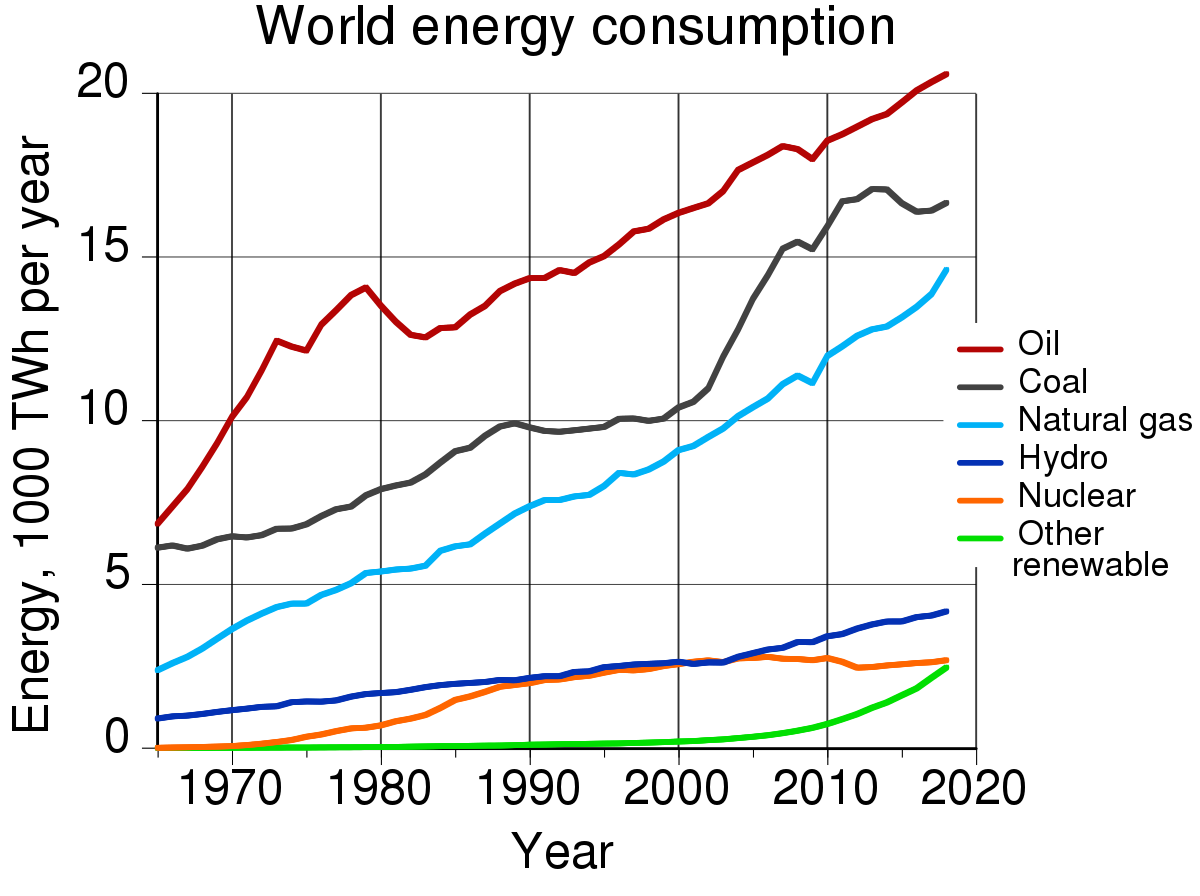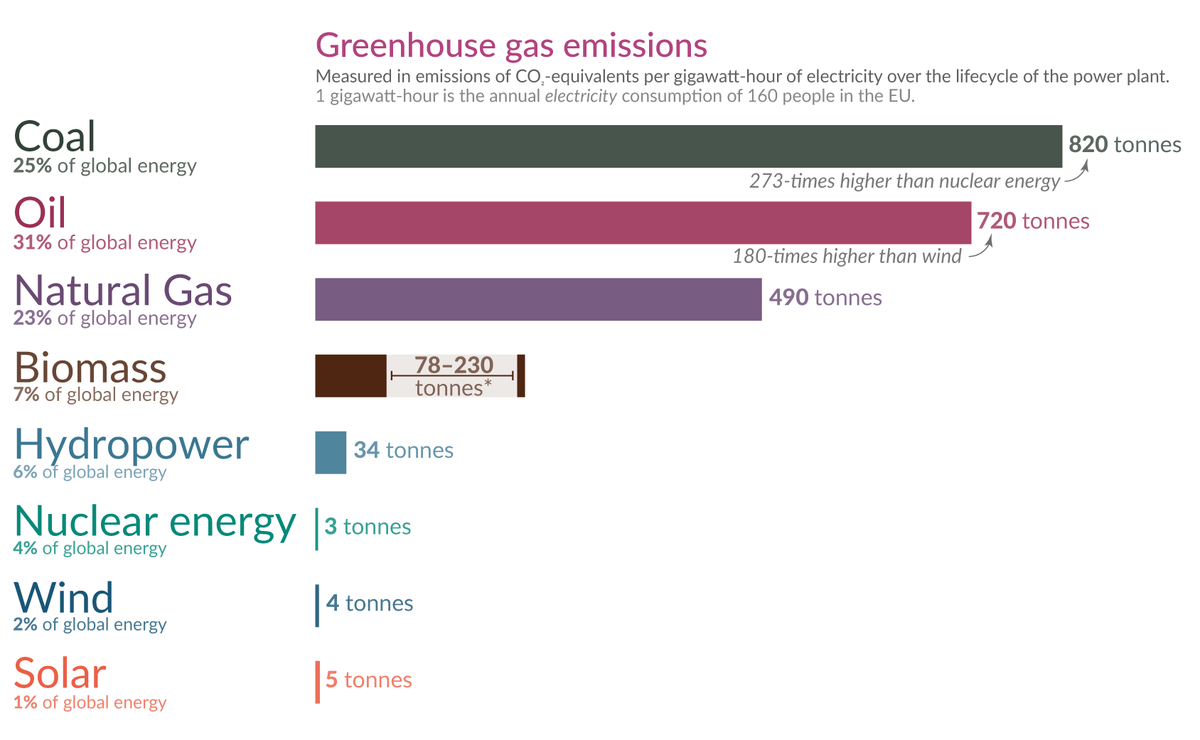I don't disagree, but, again, the OP's linked paper is looking at production of new vehicles. Even if it's not you buying them, someone else will. The paper doesn't say you should bin your diesel and buy a new car. It's saying that when your diesel packs in, if you're staring at an EV or a diesel on the forecourt then the EV will have emitted less CO2 during its production and will emit less CO2 during it's running lifetime. You're conflating research about the CO2 emissions of new purchases with your own position in the purchase cycle and with other elements of the production process.
But who is "we"? And how did you reach your conclusion that "we" are "concentrating on 1 factor"? The OP's link is one paper in one journal. The scientists who wrote this paper aren't responsible for researching every aspect of this process. They simply put their expertise into one component, and society/politicians then have to aggregate the various components into policy. A necessary part of that process is reporting each individual element, and that's exactly what you're seeing here. It's how the scientific method works. Just because the OP linked to posts about CO2 emissions doesn't mean that there isn't a whole heap of research going on into the other individual elements and how they inter-link. It simply means it hasn't been posted so far in this thread on a VW California forum - surprisingly, it's out there in scientific journals instead. It's therefore simply not valid to discount one strand of the research on the basis that you just haven't seen the rest.

 www.theguardian.com
www.theguardian.com




















